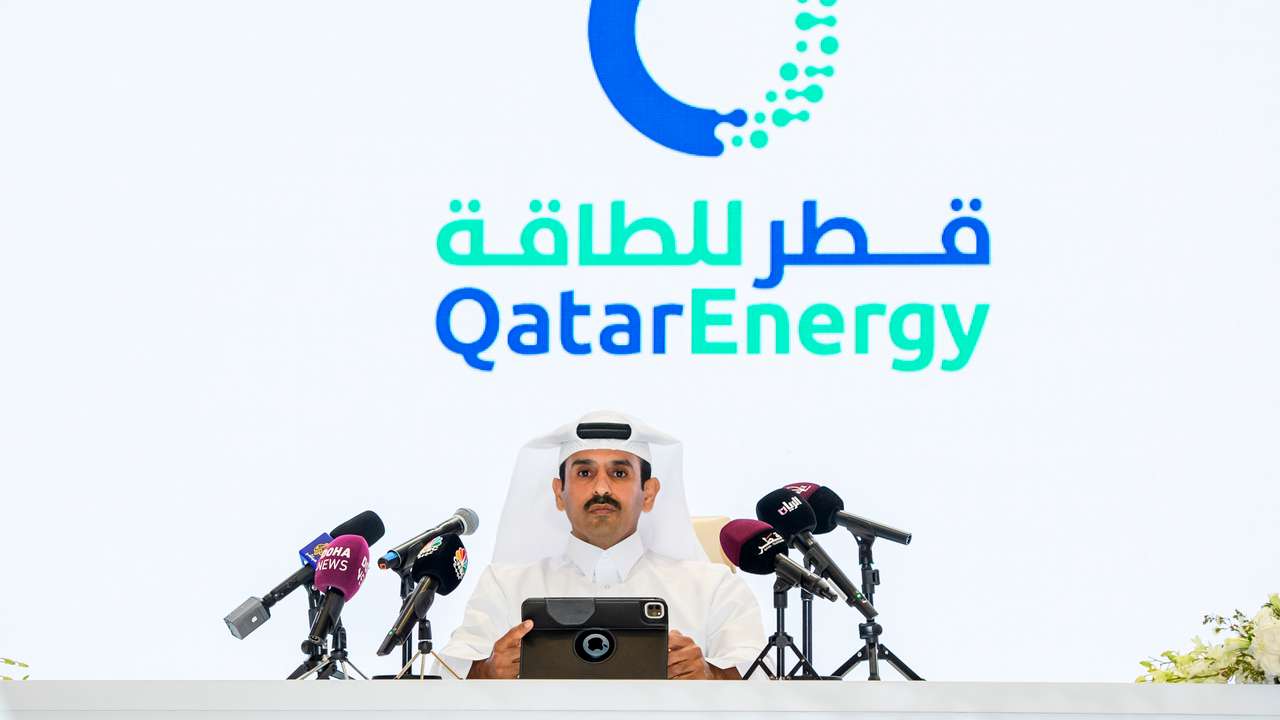Qatar's natural gas potential described as game-changer in global energy dynamics

Qatar's ascent to global prominence in the natural gas sector emerges as a strategic triumph meticulously orchestrated by its leadership.
According to energy expert Dean Tavakoli, the Gulf nation’s deliberate pivot towards prioritising natural gas production, despite an initial focus on crude oil, has catalysed a significant shift in its economic landscape.
The country's vast reserves of natural gas, estimated at approximately 896 trillion cubic feet, position it as a global leader in the industry, holding 14% of the world's known reserves, according to Tavakoli.
"While Qatar remains a notable oil producer, it has strategically prioritised the development of natural gas, especially for liquefied natural gas (LNG) export," Tavakoli said.
He emphasized LNG's crucial role in Qatar's energy strategy, leveraging lower production costs and a strategic location to become a preferred supplier.
Tavakoli pointed out Qatar's advantage over the United States in accessing higher growth markets, particularly in Asia. He noted challenges for the U.S. in competing with Qatar due to higher production and transportation costs, exacerbated by delays in LNG terminal licensing.
“Qatar's strategic location is closer to a higher growth market compared to the United States. The United States has faced a significant backlash by delaying the issuance of new licenses for a new LNG terminal for environmental review. However, the United States seems to be focusing only on the European market. This shift may prove challenging for the United States to compete with Qatar in the Asian market, primarily due to the higher prime cost and transportation cost attributed to the distance factor,” he said.
The competitive edge extends to liquefied petroleum gas (LPG) production. At $66.9 billion, Qatar's top-ranked export in 2022 was petroleum gas. The Persian Gulf state also ranked as the fifth-largest exporter of petroleum in the world that same year with the top five countries to receive petroleum gas exports from Qatar being India ($12.6B), China ($12.3B), South Korea ($7.39B), United Kingdom ($7.31B), and Belgium ($5.37B).
Amid the growing emphasis on renewable energy sources, experts underscore the enduring importance of natural gas due to its reliability and cost-effectiveness, according to Tavakoli’s insights.
He claims Qatar's strategic foresight and efficient utilisation of financial resources have catapulted it to the forefront of the global energy landscape. He adds that Qatar could take over a substantial market share of 24-25% by 2030.
In February, Qatar announced plans to ramp up capacity to 142 million tonnes per annum by 2030 from the offshore North Field, the world's largest natural gas production site.
The expansion, known as North Field West, will add 16 million tonnes of LNG annually, as reported by Qatar’s Energy Minister Saad Sherida al-Kaabi, who also heads the state-owned company QatarEnergy.
Al-Kaabi highlighted recent studies indicating significant additional gas quantities in the North Field, raising Qatar's gas reserves to over 2,000 trillion cubic feet, and solidifying its global natural gas powerhouse position.